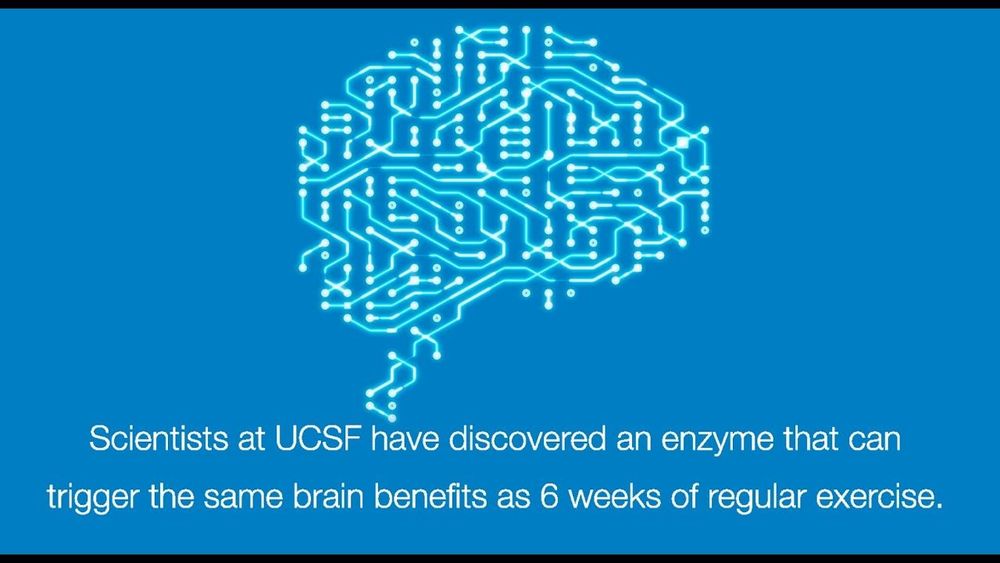A little-studied liver protein may be responsible for the well-known benefits of exercise on the aging brain, according to a new study in mice by scientists in the UC San Francisco Eli and Edythe Broad Center for Regeneration Medicine and Stem Cell Research. The findings could lead to new therapies to confer the neuroprotective effects of physical activity on people who are unable to exercise due to physical limitations.
Exercise is one of the best-studied and most powerful ways of protecting the brain from age-related cognitive decline and has been shown to improve cognition in individuals at risk of neurodegenerative disease such as Alzheimer’s disease and frontotemporal dementia —even those with rare gene variants that inevitably lead to dementia.
But many older adults are not able to exercise regularly due to physical limitations or disabilities, and researchers have long searched for therapies that could confer some of the same neurological benefits in people with low physical activity levels.









Comments are closed.